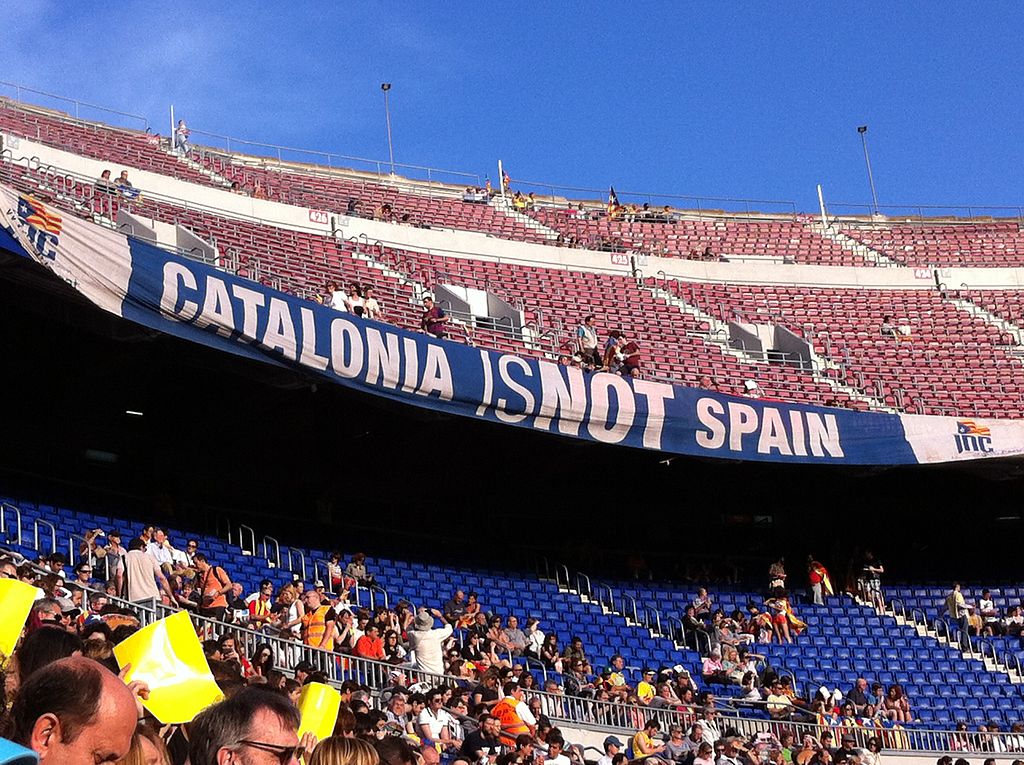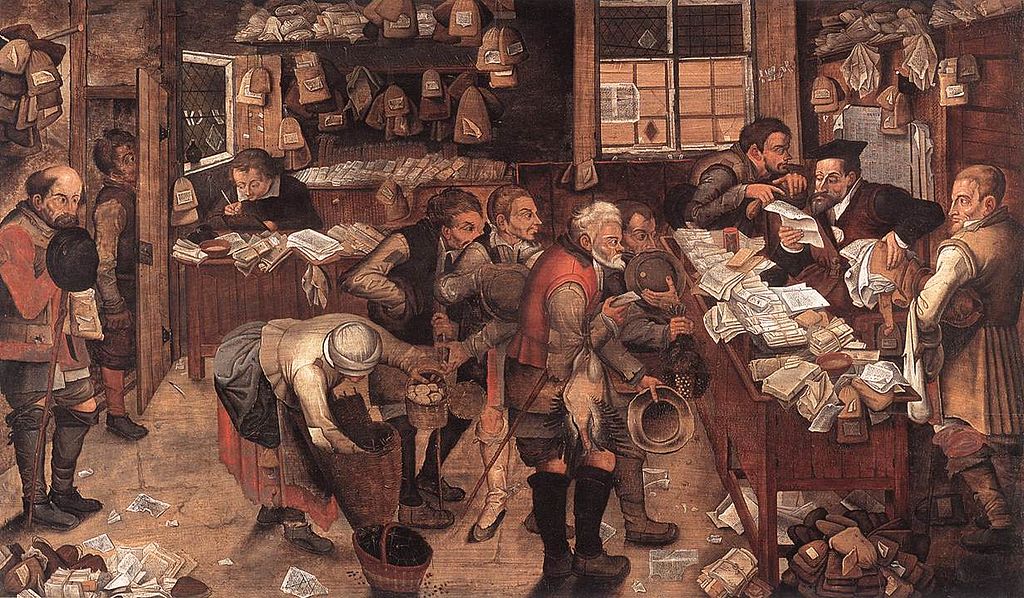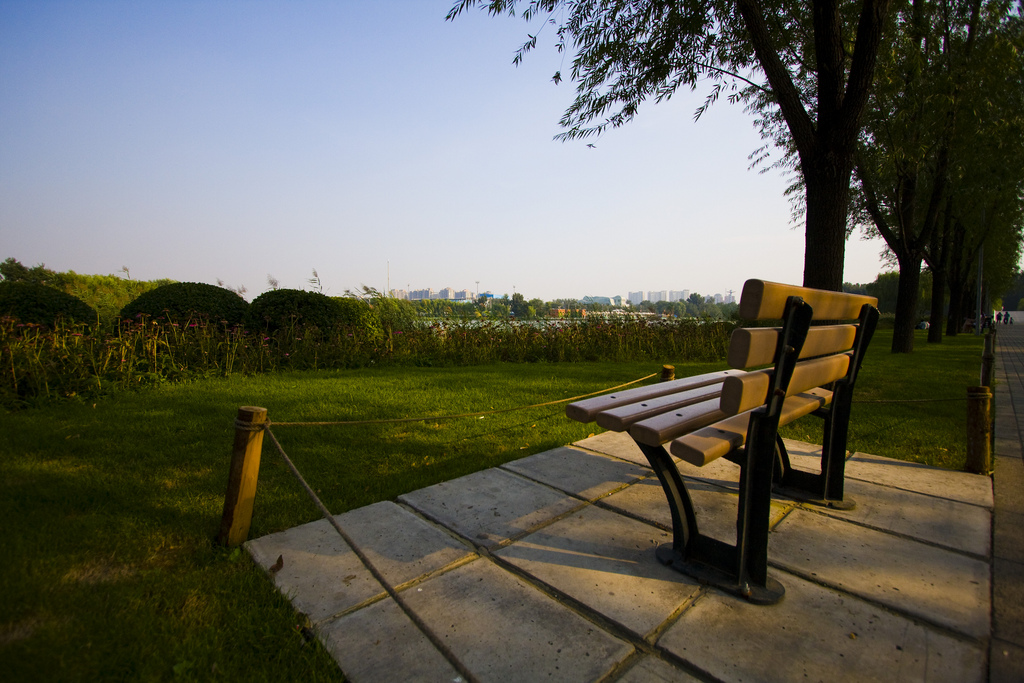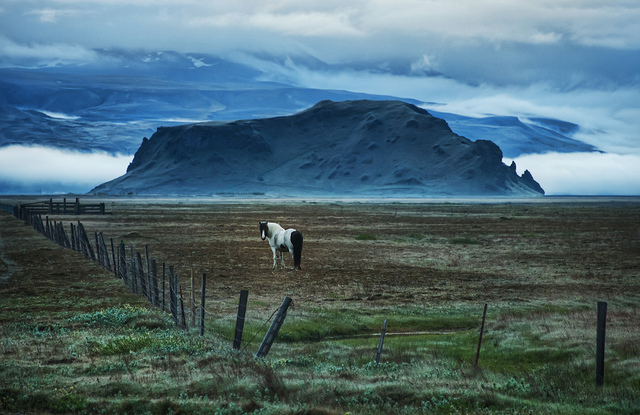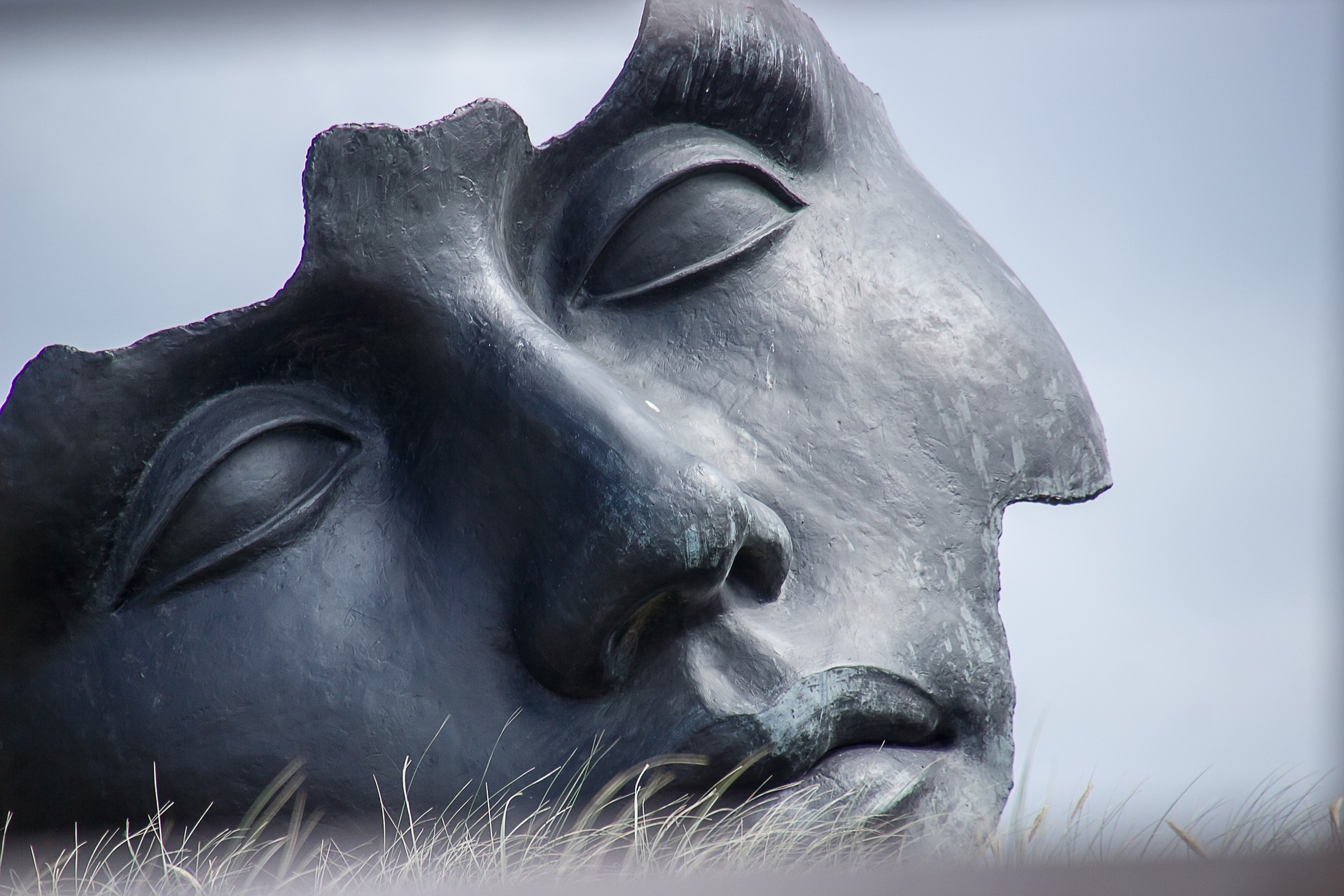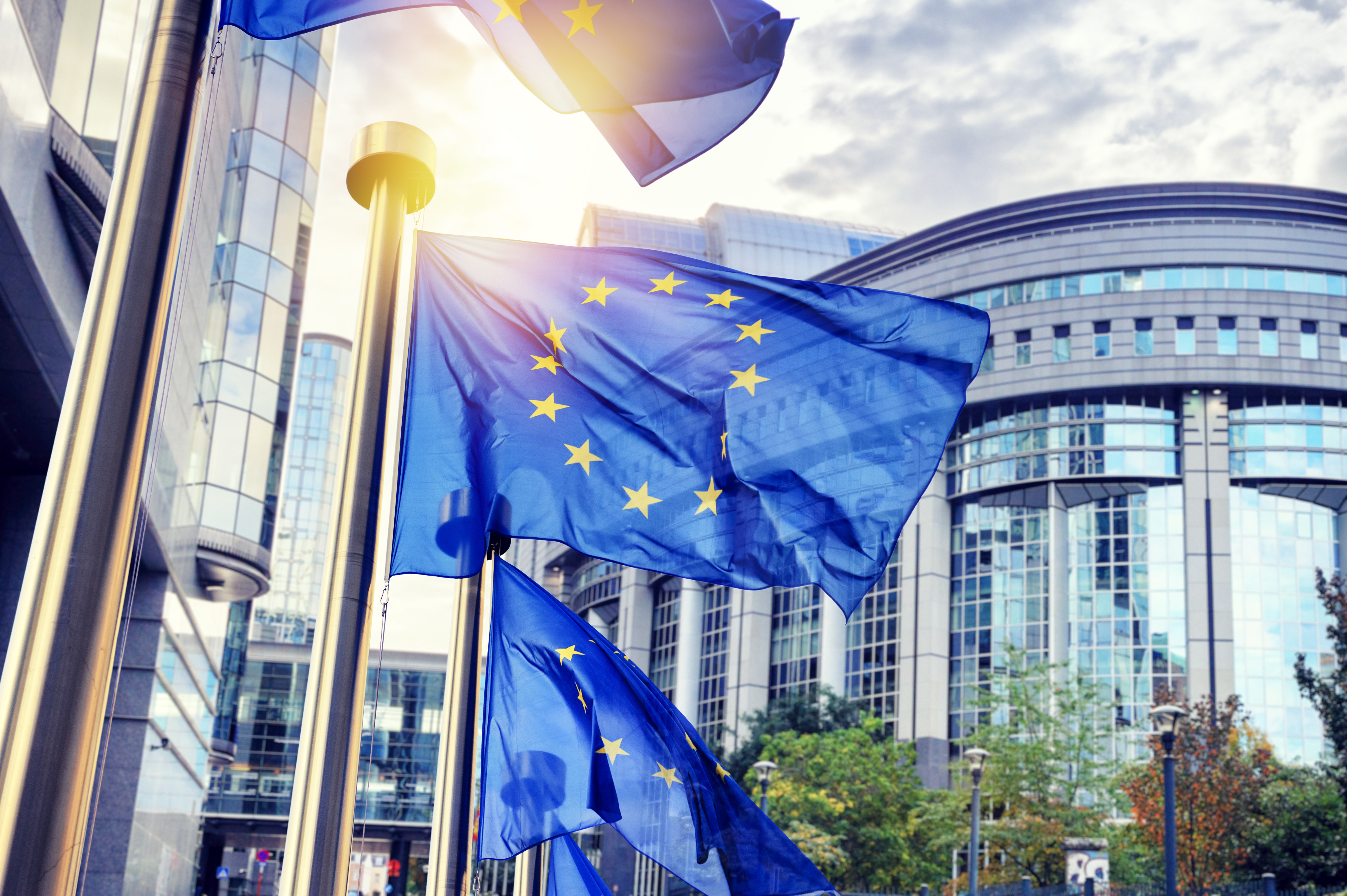Latest blog articles
-
The wishes of the Spanish government and those of the Catalan people are diametrically opposed: 90% of voters in the referendum were for independence - but keep in mind also that only about half of the Catalan people voted.
-
Comparative legal historians do not undertake pure legal history or pure comparative law. The product of their research experience is more than the mere addition of the two building blocks.
-
A little bit of provocation sharpens the mind. Let me therefore start with a provocative thesis: Most lawyers have no idea what law is.
-
When should the State intervene on ownership to guarantee the protection of the environment? When is social responsibility triggered when dealing with ownership? There is a need to predict the impact that the Ecological Function paradigm will have.
-
Is there such a thing as ‘European private law’? In my opinion there is not, just as there is no Dutch, French, English, or Chinese private law. Let me explain. Legal rules, including rules of private law, have many characteristics.
-
Globalising law, justice and legal education in the Western world and Arab countries. Is it reasonable for academics and judges to engage in a dialogue with the Arab and Islamic world about the curriculum of legal education? (Dutch only)
-
Do the people still have power? Some might feel forgotten and turn to populism promising to give the country back to them. But popular sovereignty is not dead.
-
The day after the “Brexit”-referendum, with a majority of 51.9% voting to leave the European Union, some speak of the success of democracy (“the people have spoken”). Already, there are calls for referenda in other countries to let the people speak there, too. This suggests that independently of our...
